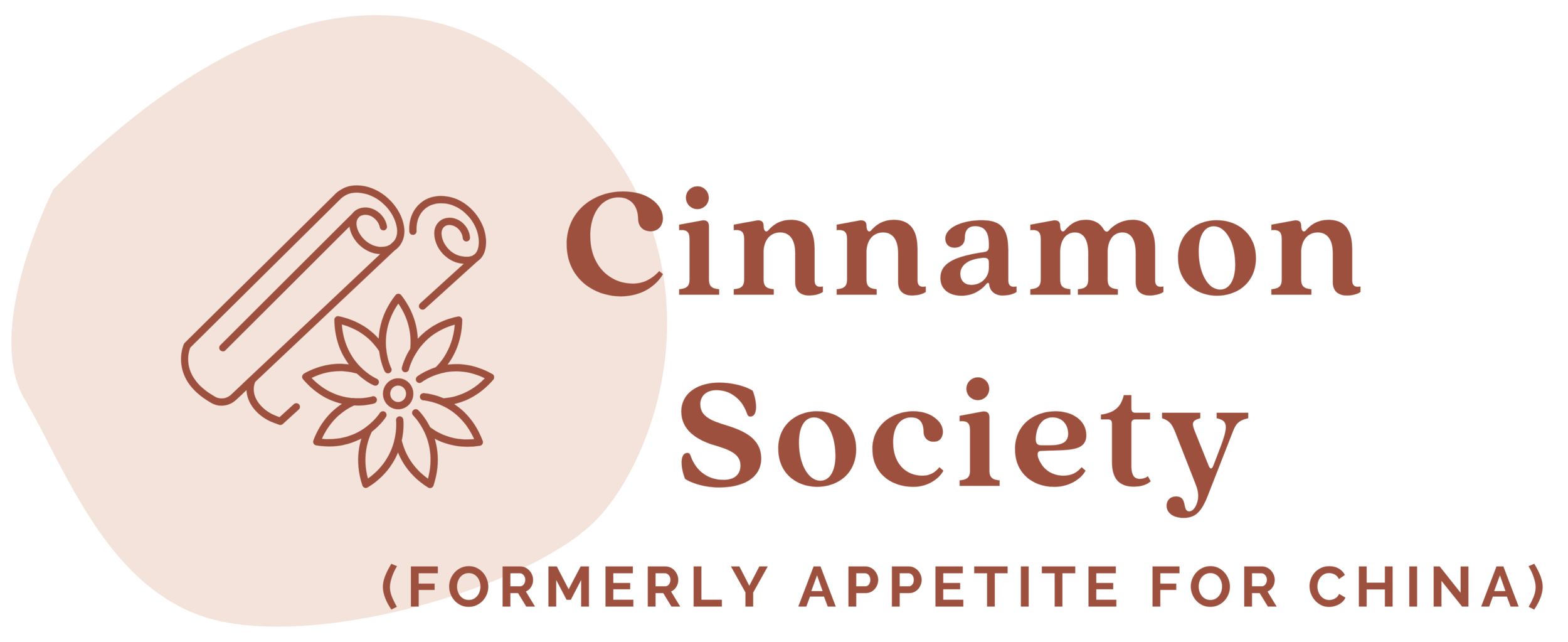老家 lǎo jiā: Hometowns

In late September or early October, Jacob and I are heading to Zhongshan to spend a few weeks with my parents and my grandparents. Zhongshan is my mother's 老家, or home town. Since many people in China live in a place for generations, 老家 can also be an ancestral home.
Zhongshan, in Guangdong province about an hour from Guangzhou, used to be a small undeveloped town where everyone rode bicycles. Now it's a large town with new condos, a gleaming 5-storey shopping center, and streets where everyone scoots around on motorcycles. (At least until they can save up money for a car.) Even though Zhongshan has experienced much development in the last 10 years, it is still very relaxing to stroll up and down the tree-lined streets and not be stuck in a throng of people. The streets and air aren't polluted. There is a 500-year-old tree that juts out into a major road, but nobody will cut it down because it's 500 years old.
My own 老家, on the other hand, is the bustling commercial city of Guangzhou. I grew up there in the 1980s, at the beginning of the city's economic growth. But like any small child, I was blissfully unaware of my city being on the cusp of major modernization. I remember skipping around in playgrounds, feeding the koi in park ponds, riding to preschool on the front of my mom's bicycle. Our house, Miu Go Toi, had belonged to my dad's family since the 1940s. It was located in a quiet alleyway and shared a small pagoda with the one other house in the cul-se-sac.
Last spring I went back to Miu Go Toi. The formerly red-washed cement walls were greyed with neglect, the iron gate chained and bolted. The story goes like this: My uncle had been forced by a development company to sell the house. The contractor hired by the company took the money and skipped town. Squatters moved in. A small fire broke out. Though the house didn't burn down, it is a charred skeleton of what it used to be.
Such is the fate of many old homes in China, engulfed into a storm of development. Thankfully, in towns like Zhongshan, the pace of modernization is manageable and human-scale, and has given many people modest, comfortable lifestyles. My parents retired here last year after living in the US (and toiling in restaurant jobs) for 18 years. They could have chosen a number of small up-and-coming cities in southern China. In Zhongshan, however, the air is clean, the lifestyle is relaxed, and the neighborhoods feel like home.
